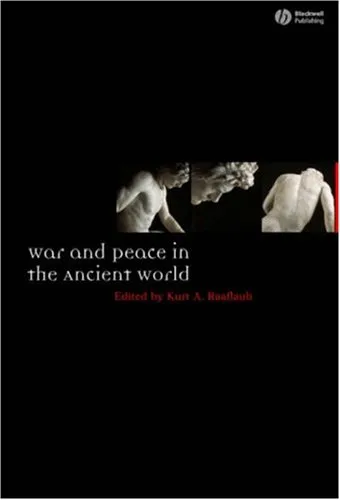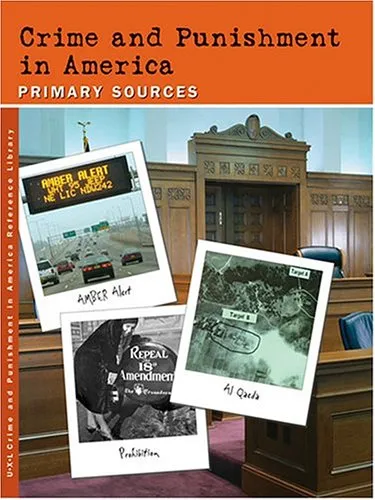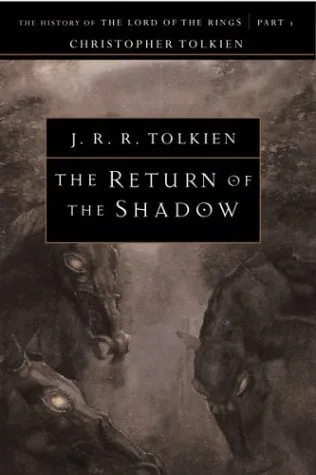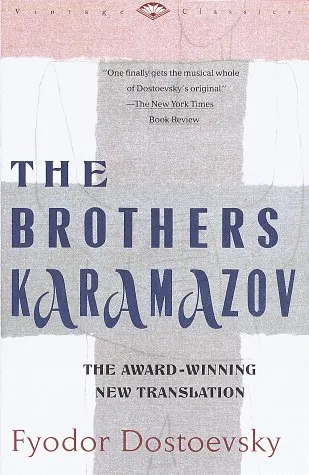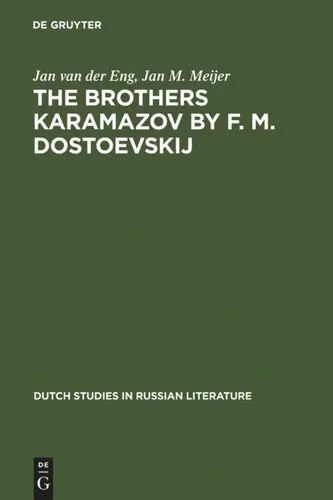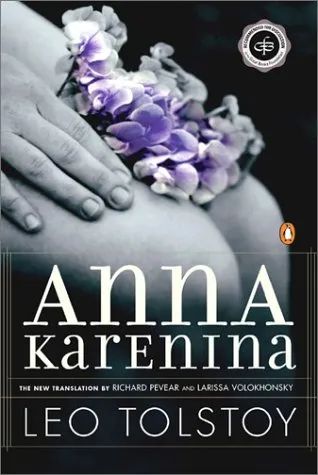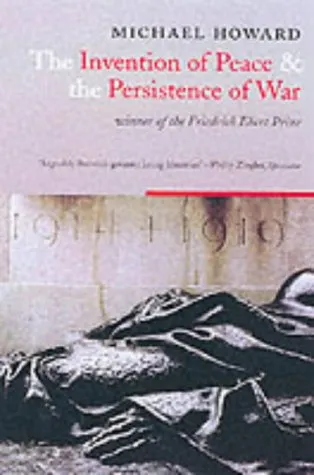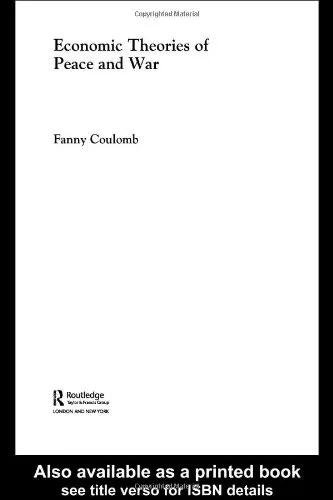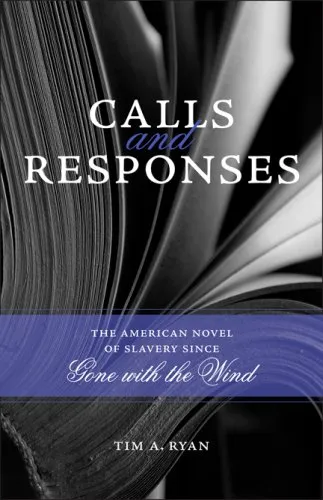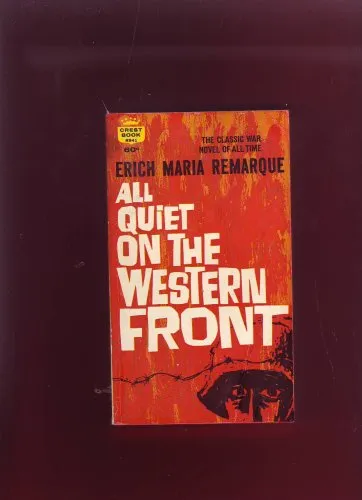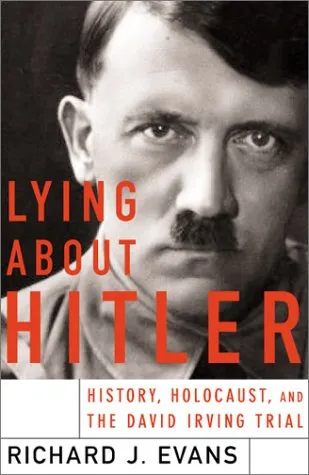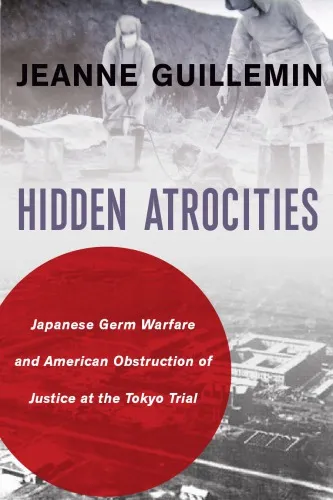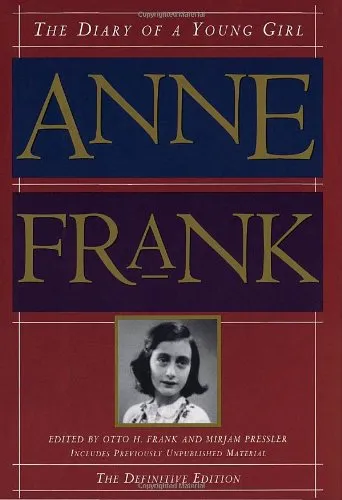War and Peace in the Ancient World
3.5
Reviews from our users

You Can Ask your questions from this book's AI after Login
Each download or ask from book AI costs 2 points. To earn more free points, please visit the Points Guide Page and complete some valuable actions.Related Refrences:
Persian Summary
Kurt A. Raaflaub's "War and Peace in the Ancient World" offers a comprehensive exploration of the complex interplay between warfare and peacemaking across various ancient civilizations. This book is an illuminating investigation into the dual forces of conflict and diplomacy that shaped societies from Mesopotamia to the Roman Empire. It provides readers with a nuanced understanding of how these influences have remained pivotal throughout history.
Detailed Summary of the Book
In "War and Peace in the Ancient World," Raaflaub meticulously draws on a multitude of sources to examine the dynamic between war-making and peace-making in ancient societies. The book is divided into thematic sections that cover a range of civilizations and historical periods, giving readers insights into the strategies and philosophies surrounding warfare and the quest for peace.
Raaflaub delves into the motivations behind warfare, the ethical and political frameworks that governed ancient conflicts, and the impact of war on culture and society. By examining the nature of peace accords and treaties, the book highlights how ancient leaders and thinkers conceptualized peace, often as a complicated and delicate state to achieve and maintain.
The author also compares different cultures' approaches, such as the militaristic ethos of Sparta, the philosophical musings on war by the Greeks, and the systematic Roman peace known as "Pax Romana." Raaflaub's analysis extends to non-European societies, including perspectives from the ancient Near East and China, giving a broader understanding of how war and peace were interwoven in the ancient world.
Key Takeaways
- War was often viewed as a necessary force for the preservation and expansion of states, but its implications were profound and long-lasting.
- The concept of peace in antiquity varied significantly across cultures; it was rare, fragile, and often regarded as a temporary respite.
- Philosophical and ethical reflections on the causes and consequences of war were diverse, posing moral dilemmas that resonate even today.
- The interplay between war and peace influenced political structures, social order, and cultural evolution.
- Understanding ancient paradigms of war and peace provides valuable insights into modern geopolitical conflicts and resolutions.
Famous Quotes from the Book
"War and peace are not mutually exclusive but intertwined concepts that ancient societies navigated with considerable skill and circumspection."
"In the silent gaps between battles, peace grew its tentative roots, only too frequently through the ashes of past conflicts."
Why This Book Matters
"War and Peace in the Ancient World" is essential reading for anyone interested in the historical foundations of conflict and cooperation. By exploring the roots of war and peace in ancient civilizations, Raaflaub offers crucial insights into the perennial nature of these issues. The book challenges modern readers to reflect on how past experiences can inform present and future efforts for peace in a world where war is still all too common.
Moreover, Raaflaub's work is a testament to the enduring human quest to understand and reconcile the dual imperatives of war and peace. It underscores the significance of historical scholarship in addressing contemporary challenges. This book offers a compelling narrative that prompts us to learn from the ancients, both in their failures and their successes, as we strive for a more peaceful world.
Free Direct Download
You Can Download this book after Login
Accessing books through legal platforms and public libraries not only supports the rights of authors and publishers but also contributes to the sustainability of reading culture. Before downloading, please take a moment to consider these options.
Find this book on other platforms:
WorldCat helps you find books in libraries worldwide.
See ratings, reviews, and discussions on Goodreads.
Find and buy rare or used books on AbeBooks.
1491
بازدید3.5
امتیاز0
نظر98%
رضایتReviews:
3.5
Based on 0 users review
Questions & Answers
Ask questions about this book or help others by answering
No questions yet. Be the first to ask!
